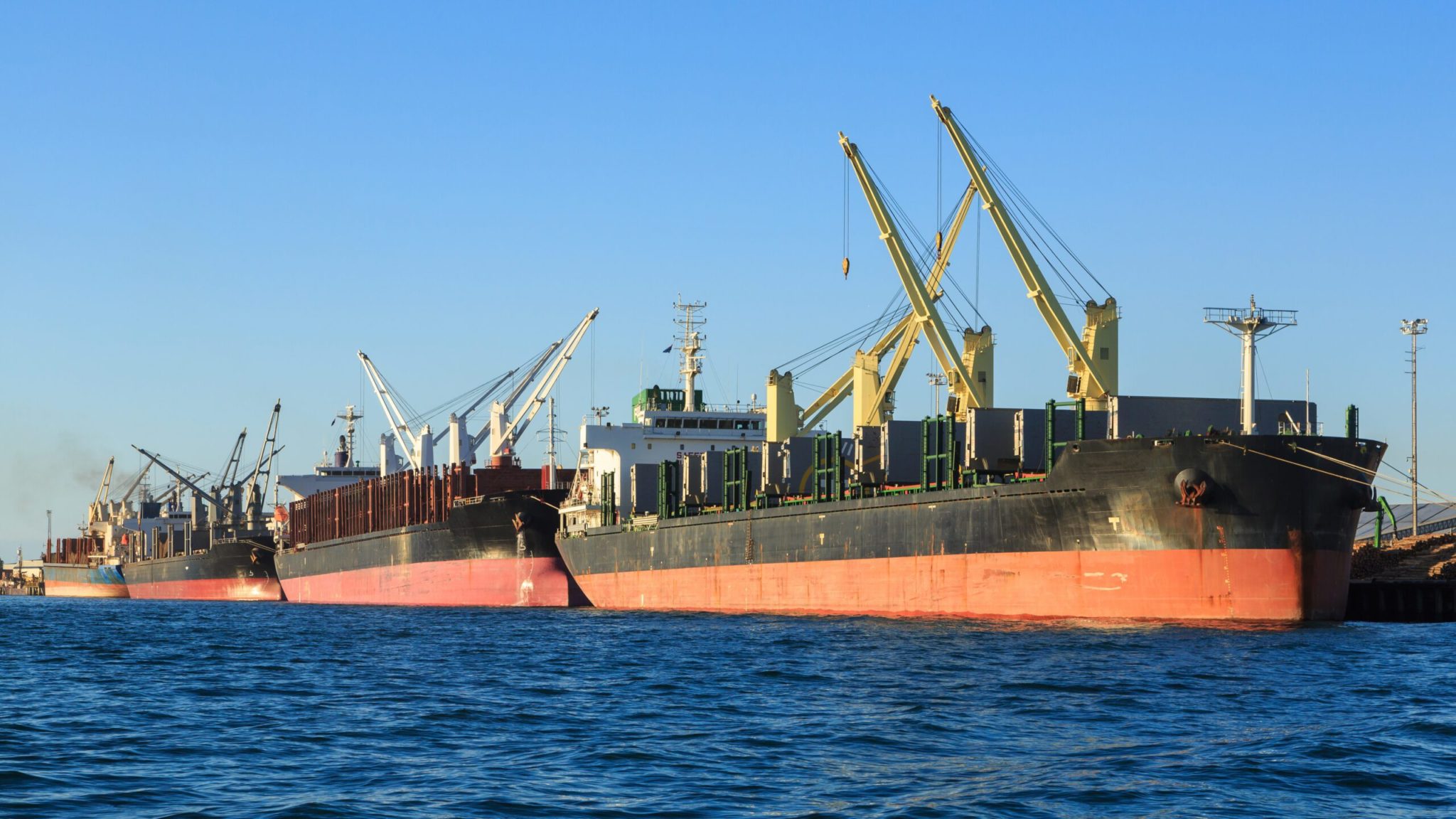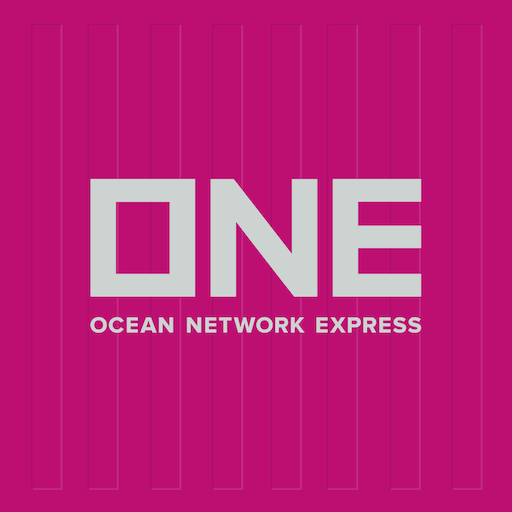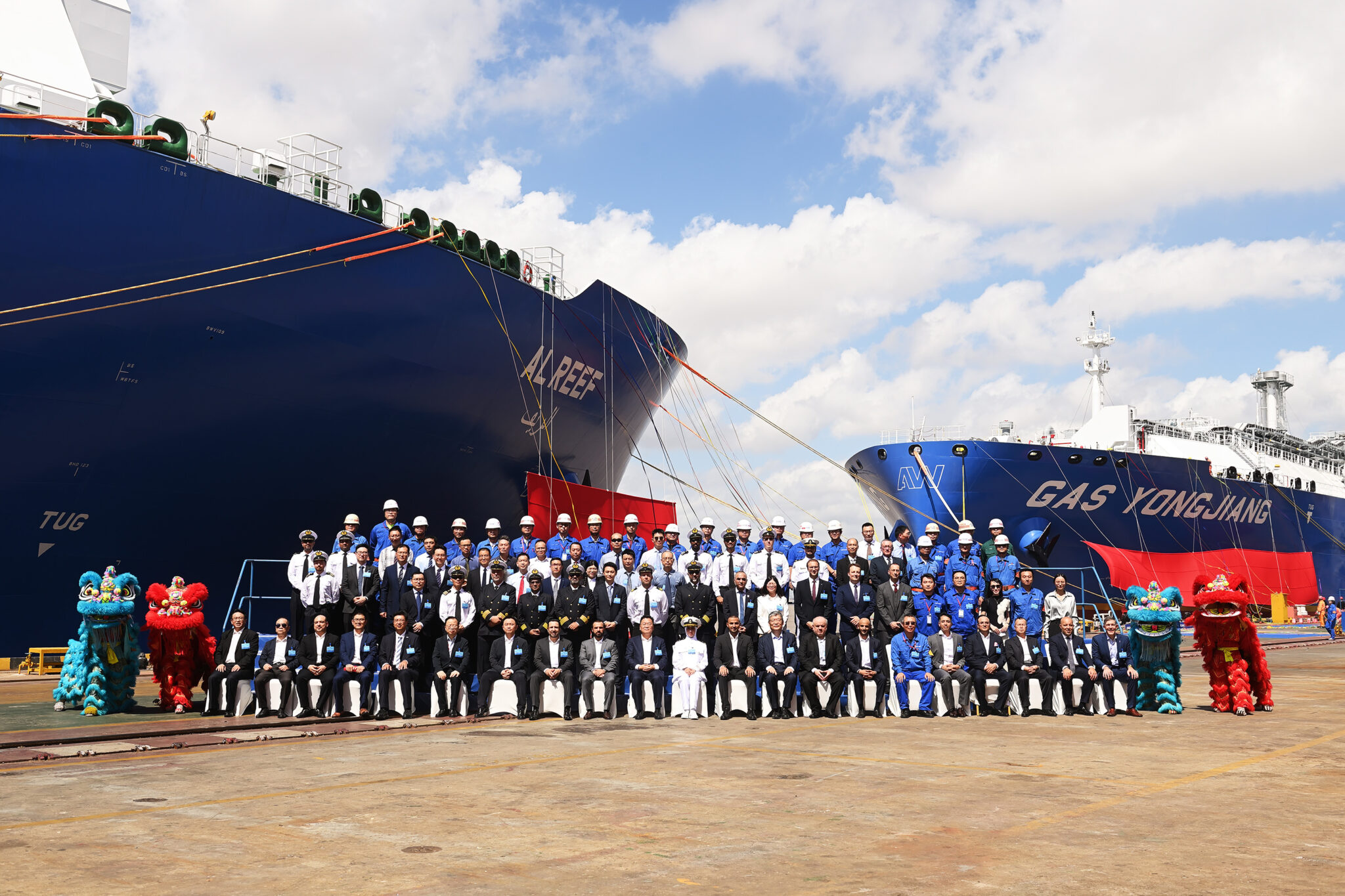Shippingtelegraph: Methanol ready for low-carbon operation, ammonia for piloting: GMF
by Shipping Telegraph
New report on the status of zero-emission shipping fuels finds that methanol is now ready for low-carbon operation and ammonia is now ready for piloting.
Both ammonia and methanol have moved from theory to reality as zero-emission shipping fuels, according to a new report from the Global Maritime Forum’s Getting to Zero Coalition.
The report, From pilots to practice: Methanol and ammonia as shipping fuels, based on interviews with over 40 influential companies and organisations, finds that both fuels are now ‘ready’ – methanol for low-carbon operation and ammonia for piloting, representing a significant increase in maturity since the report’s first edition in 2020.
However, the report warns that the fuels require a concerted push if they are to be mature enough to rapidly scale from around 2030, in line with the industry’s targets.
The key area that must be addressed is the fuel supply chain – in the case of methanol, enhancing the availability of green molecules; for ammonia, validating and rolling out commercial ammonia bunkering at key ports.
Jesse Fahnestock, director of decarbonisation at the Global Maritime Forum, said: “We have seen excellent progress in the development of zero-emission fuels and technologies over recent years, with methanol and ammonia having now shifted from potential solutions towards initial scale and proof of concept. However, we are only at the start of our journey and technology readiness is not enough by itself.”
Fahnestock also highlighted that in order to scale zero-emission fuels at the pace required, action is needed from the International Maritime Organization, national policymakers and the industry to create the right enabling conditions as this will be just as vital as the development of the technology itself.
The full report can be found here.
Also, during the second quarter, the company closed the incremental investment in France LNG Shipping, increasing the company’s economic interest in 12 LNG carriers, from 34% to 45%.
Furthermore, the shipowner took delivery of four newcastlemax new buildings during the second quarter. This includes the Mineral Suomi, Mineral Sverige, Mineral Polska and the Mineral Cesko. All vessels are chartered out on long term bareboat charters to CMB.TECH.
Post quarter end, the company, together with vehicles controlled by KKR, agreed to acquire CapeOmega Gas Transportation AS, a company which has investments in ten LNG carriers operated by Knutsen LNG.
As informed, seven vessels are currently on the water with an average age of two years, and three vessels are to be delivered from the shipyard in Korea in 2025 and 2026. All vessels are employed on long-term charters to energy companies, Shell, Engie and QatarEnergy, with an average remaining contract duration of nine years, or 16 years including extension options.
“Together with KKR, we announced a significant investment in 10 LNG carriers operated by Knutsen LNG, all secured on long-term charters to investment-grade rated counterparties,” commented the chief executive of Ocean Yield Andreas Røde.
“Our fleet continues to grow and diversify, and with an EBITDA charter backlog of USD 4.3 billion and an average remaining contract duration of 9.9 years, we are well-positioned for sustained growth and value creation,” he added in a statement.
Related Posts




